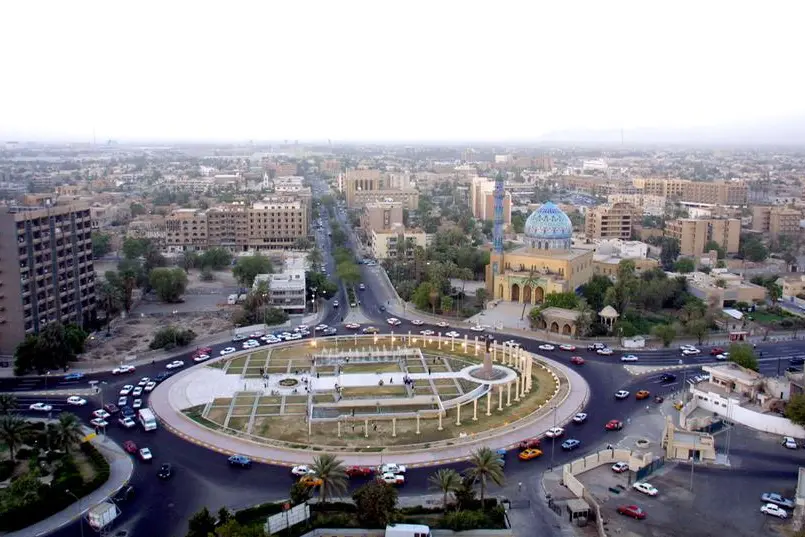PHOTO
Favourable oil market conditions have supported Iraq’s fiscal and external positions, but structural imbalances continue to widen, said IMF in an end-of-mission statement.
Tokhir Mirzoev, the head of the mission said: "In 2022, fiscal and external current account surpluses have reached 7.6 and 17.3% of GDP respectively on the back of record-high oil revenues. The CBI’s FX reserves rose to $97 billion (11 months of imports), including $16.3 billion (6% of GDP) in fiscal savings accumulated by the government."
However, a large fiscal expansion has widened the non-oil primary deficit from 52% to over 68% of non-oil GDP in the course of 2022, it added.
“An even bigger fiscal loosening envisaged in the draft 2023 budget law would widen the non-oil primary fiscal deficit further to 75% of non-oil GDP and bring the overall fiscal balance to a deficit of 6.5% of GDP. The combined effects of increased government spending, the exchange rate revaluation, and reduced oil production would bring the fiscal break-even oil price to $96 per barrel," he added.
A significantly tighter fiscal policy is needed to strengthen resilience and reduce the government’s dependence on oil revenues while safeguarding critical social spending needs, the IMF said.
This calls for diversifying fiscal revenues, reducing the oversized government wage bill, and reforming the pension system to make it financially sound and more inclusive.
Iraq's oil production is set to contract by 5% in 2023, after recovering to pre-pandemic level last year, due to the OPEC+ production cut and outage of the Kirkuk-Ceyhan oil pipeline, he said.
The foreign exchange (FX) market volatility in the wake of tighter anti-money laundering/combating the financing of terrorism (AML/CFT) controls by the Central Bank of Iraq (CBI) on FX sales has adversely affected import-dependent non-oil sectors, according to the mission team.
Real non-oil GDP is estimated to have contracted by 9% year-on-year in the last quarter of 2022, negating its growth during the previous three quarters.
(Writing by Brinda Darasha; editing by Seban Scaria)





















